1. Taking Children seriously in addressing global challenges
 Ingrid Pramling Samuelsson
Ingrid Pramling Samuelsson
Chair of the National Scientific Committee
Ingrid Pramling Samuelsson is professor in Early Childhood Education, and holds an UNESCO chair in ECE and Sustainable Development. She is the immediate past world president of OMEP (Organisation Mondiale pour l’Education Presolare). Her main research area is young children’s learning and well as conditions for learning in early years.
2. Reclaiming sense of place in the digital age
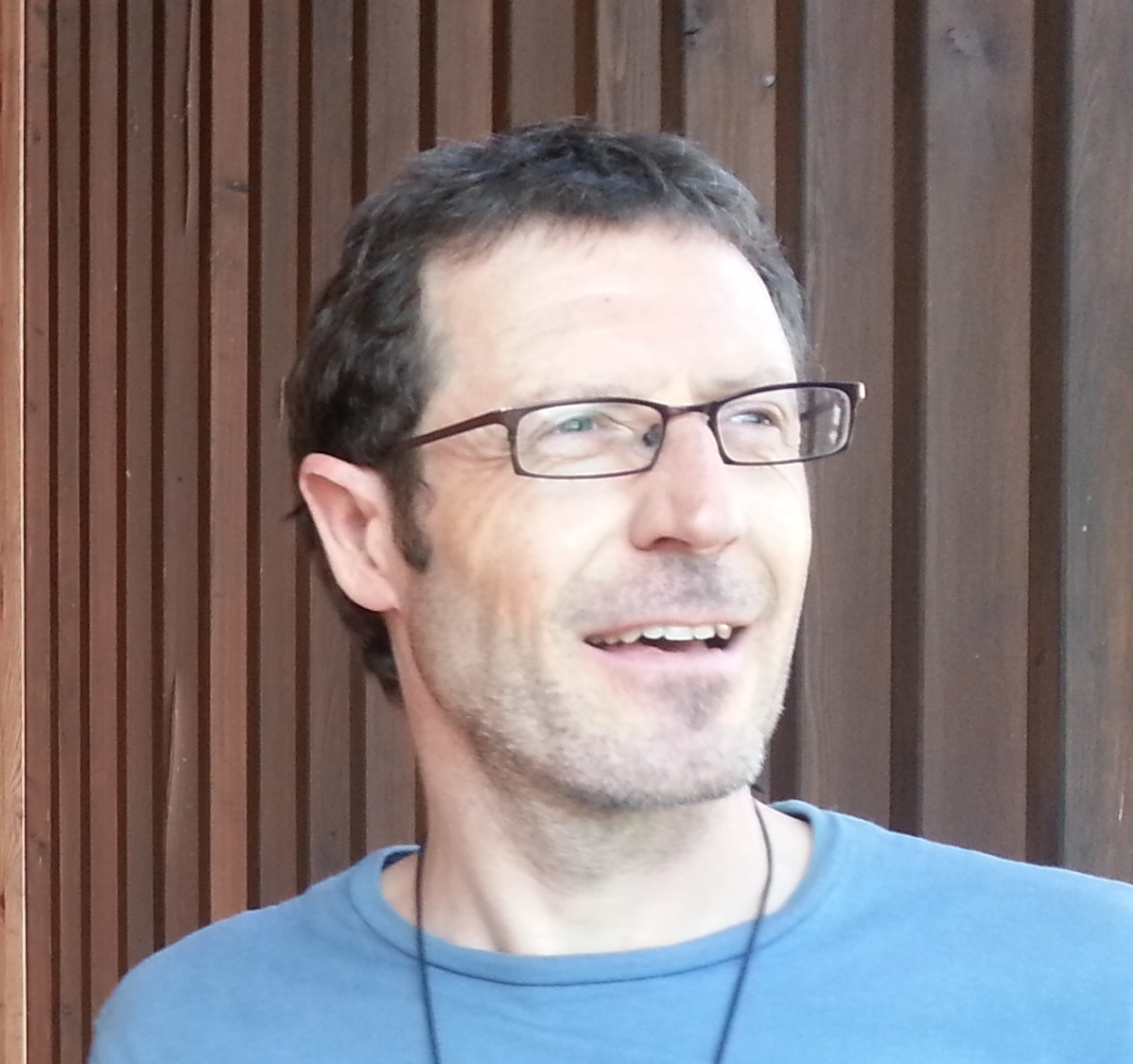 Rolf Jucker
Rolf Jucker
Dr Rolf Jucker is currently the director of SILVIVA, the Swiss Foundation for Experiential Environmental Education. From 2008-2012 he was director of the Swiss Foundation for Environmental Education. Having gained an MSc in Education for Sustainability (EfS), he has worked extensively as a national and international learning for sustainability advisor and published widely on the subject, amongst others Do We Know What We Are Doing? Reflections on Learning, Knowledge, Economics, Community and Sustainability (2014) and Our Common Illiteracy. Education as if the Earth and People mattered (2002).
3. Environmental education and poverty reduction
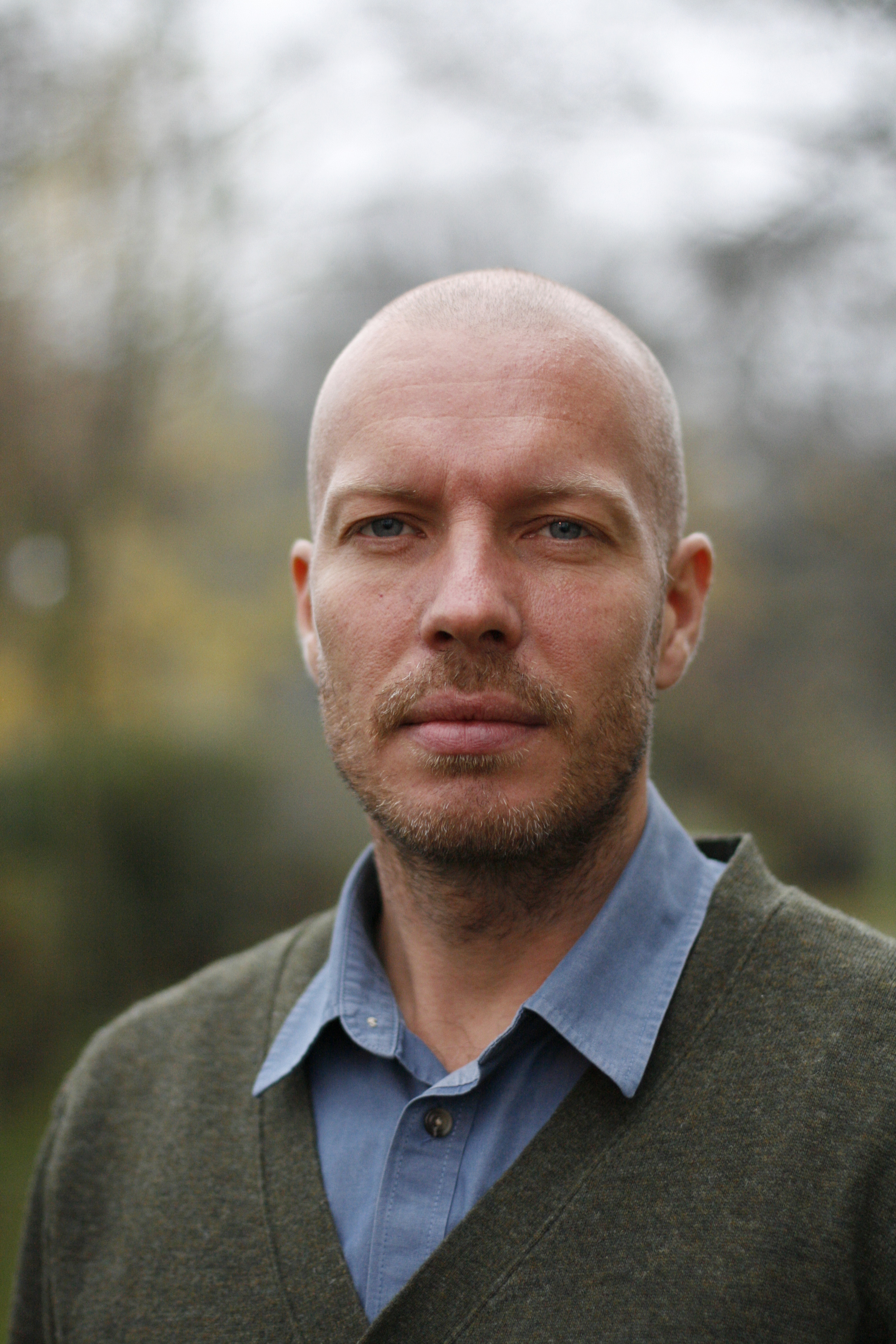 Beniamin Knutsson
Beniamin Knutsson
Beniamin Knutsson holds a PhD and is a senior lecturer based at the Department of Pedagogical, Curricular and Professional Studies, University of Gothenburg. His research interests fall under the broad areas of education, globalisation and international development cooperation. He has extensive field experience from Eastern and Southern Africa.
4. Learning in vital coalitions for green cities
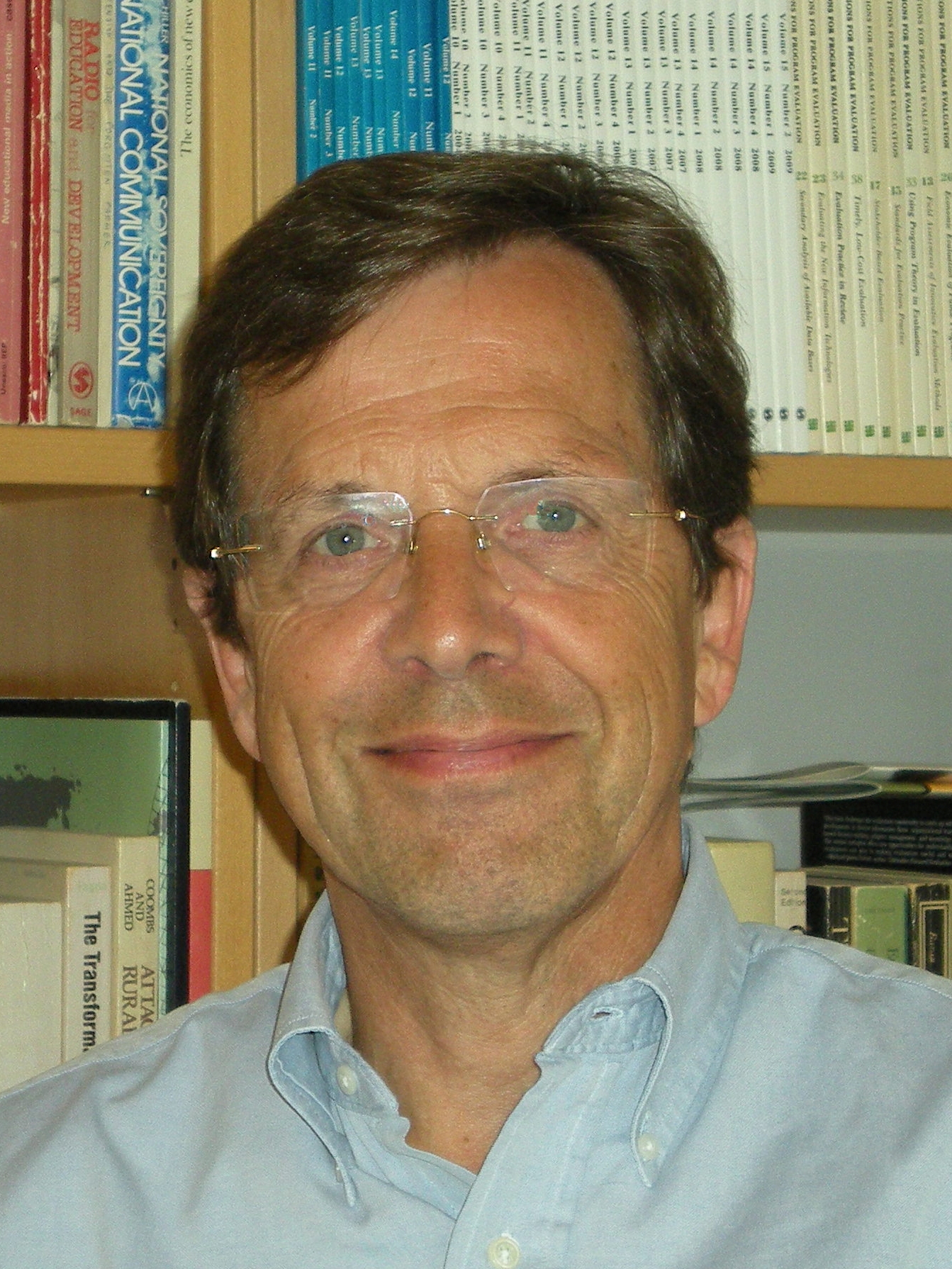 Frans Lenglet
Frans Lenglet
Frans Lenglet recently retired from the directorship of the Swedish International Centre of Education for Sustainable Development (SWEDESD) at Uppsala University, Visby, Sweden. With partners in Africa, Asia, Europe and Latin America he continues to be engaged in identifying, designing, testing, researching and disseminating appropriate and effective content, approaches and methods of “learning for sustainable change”, in formal, non-formal and informal educational settings. Such learning aims at empowering individuals, communities and organizations to reach and act on sustainable choices about the cultural, social, economic and bio-physical conditions affecting their own livelihoods and well-being as well as those of other people and future generations, within planetary boundaries. Frans Lenglet received his PhD in International Development Education from Stanford University.
5. (Re) emerging concepts for environmental stewardship and sustainability
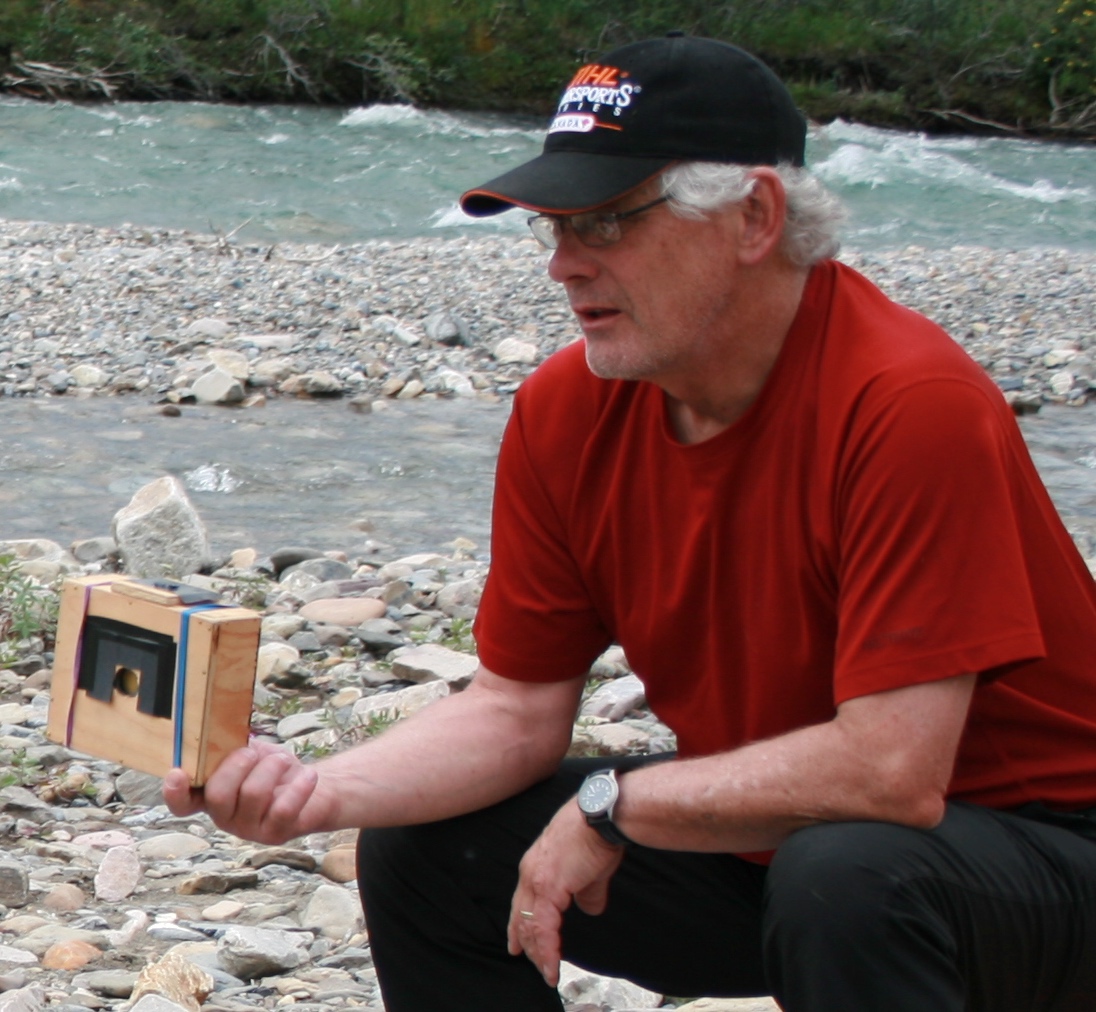 Bob Jickling
Bob Jickling
Bob Jickling is Professor Emeritus at Lakehead University. At Lakehead he taught environmental, experiential, and outdoor education and environmental philosophy. He was the founding editor the Canadian Journal of Environmental Education and he co-chaired the 5th World Environmental Education Congress in Montreal. He has also received the North American Association of Environmental Education’s Awards for Outstanding Contributions to: Research (2009) and Global Environmental Education (2001). In 2012, he received the Queen Elizabeth II Diamond Jubilee Medal in recognition of contributions to Canada. As a long-time wilderness traveller, much of his inspiration is derived from the landscape of his home in Canada’s Yukon.
6. Mind the gap! Moving from awareness to action
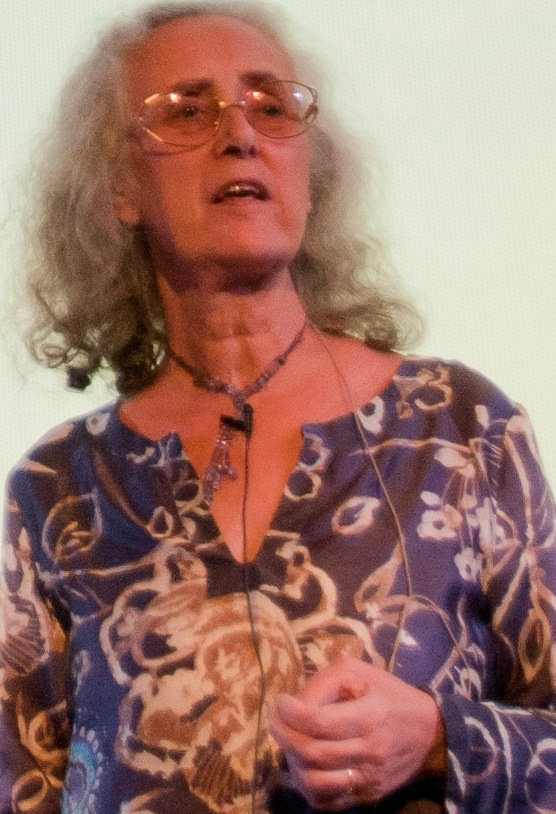 Marilyn Mehlmann
Marilyn Mehlmann
Marilyn Mehlmann is head of development and training at Global Action Plan International, a network of organizations working for a common goal: empowering people to live and work increasingly sustainably. She was awarded the Rachel Carson Prize 2011 “… for her long-term efforts to involve individuals, companies and NGOs in acting sustainably.” Her experience combines psychosynthesis, empowerment and action research to co-create new methods and tools for personal and professional development, including a ‘Learning for Change’ methodology.
Ms. Mehlmann is an international speaker (i.a. TEDx), Vice-President of the Union of International Associations (UIA), and a member of several advisory boards.
7. Assessing environmental and sustainability education in times of accountability
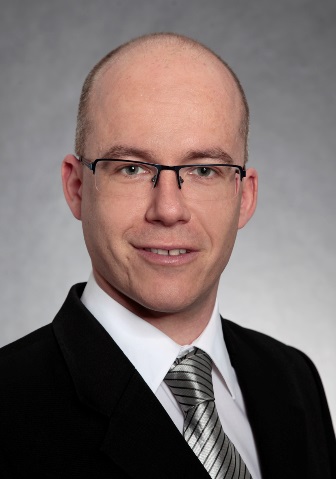 Marco Rieckmann
Marco Rieckmann
Prof. Dr. Marco Rieckmann is Assistant Professor of Higher Education Development at the Institute for Social Work, Education and Sport Sciences of the University of Vechta, Germany. His major research and teaching interests are: higher education, competence development and assessment, (higher) education for sustainable development, and global education.
8. Beyond the green economy: educating and learning for green jobs in a green society
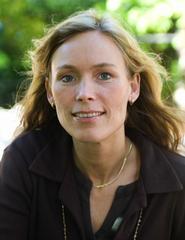 Magdalena Svanström
Magdalena Svanström
Magdalena Svanström is an Associate Professor in the Chemical Environmental Science group. Her research focuses on environmental and sustainability assessment of products and processes, e.g., wastewater treatment and sewage sludge management, and wood-based products, often applied to guide development and optimization efforts. She is also conducting research within the field of education for sustainable development, e.g., on competences and assessment.
9. New perspectives on research in environmental and sustainability education
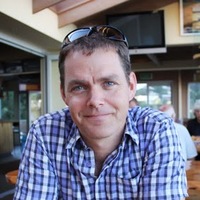 Alan Reid
Alan Reid
Alan Reid’s research interests focus on teachers’ thinking and practice in environmental and sustainability education, and traditions, capacities and issues in environmental and sustainability education theory, research and practice. He works with the Education, Environment and Sustainability research group (Monash University), edits the international research journal, Environmental Education Research, while recent scholarly publications include A Companion to Research in Education (Springer, 2014, co-edited with Paul Hart and Michael Peters), and Major Works of Environmental Education (Routledge, 2015, co-edited with Justin Dillon).
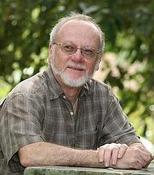 Bob Stevenson
Bob Stevenson
Bob Stevenson is a Professor and Research Leader (Education for Sustainability) and Director of the Centre for Sustainability Education at James Cook University in Australia. He co-edited the International Handbook of Research in Environmental Education (AERA/Routledge, 2013) and is executive editor of the international Journal of Environmental Education (the oldest academic journal in the field). His research interests focus on theory-policy-practice relationships in environmental and sustainability education, leadership and teacher professional development for whole school approaches to sustainability schools, and potential spaces and approaches to engaging youth in deep thinking about and acting on socio-ecological issues.
10. Educational policy development for environment and sustainability
 Marcia McKenzie
Marcia McKenzie
Marcia McKenzie is an Associate Professor in the Department of Educational Foundations and Director of the Sustainability Education Research Institute at the University of Saskatchewan, Canada (www.seri.usask.ca). She is Principal Investigator of the Sustainability and Education Policy Network (www.sepn.ca); co-author of Place in Research: Theory, Methodology, and Methods (2015); and co-editor of Fields of Green: Restorying Culture, Environment, and Education (2009). Her interdisciplinary research focuses on the intersections of environment and education, educational policy and practice, youth identity and place, and the politics of social science research.
11. Education and learning for climate change adaptation and resilience
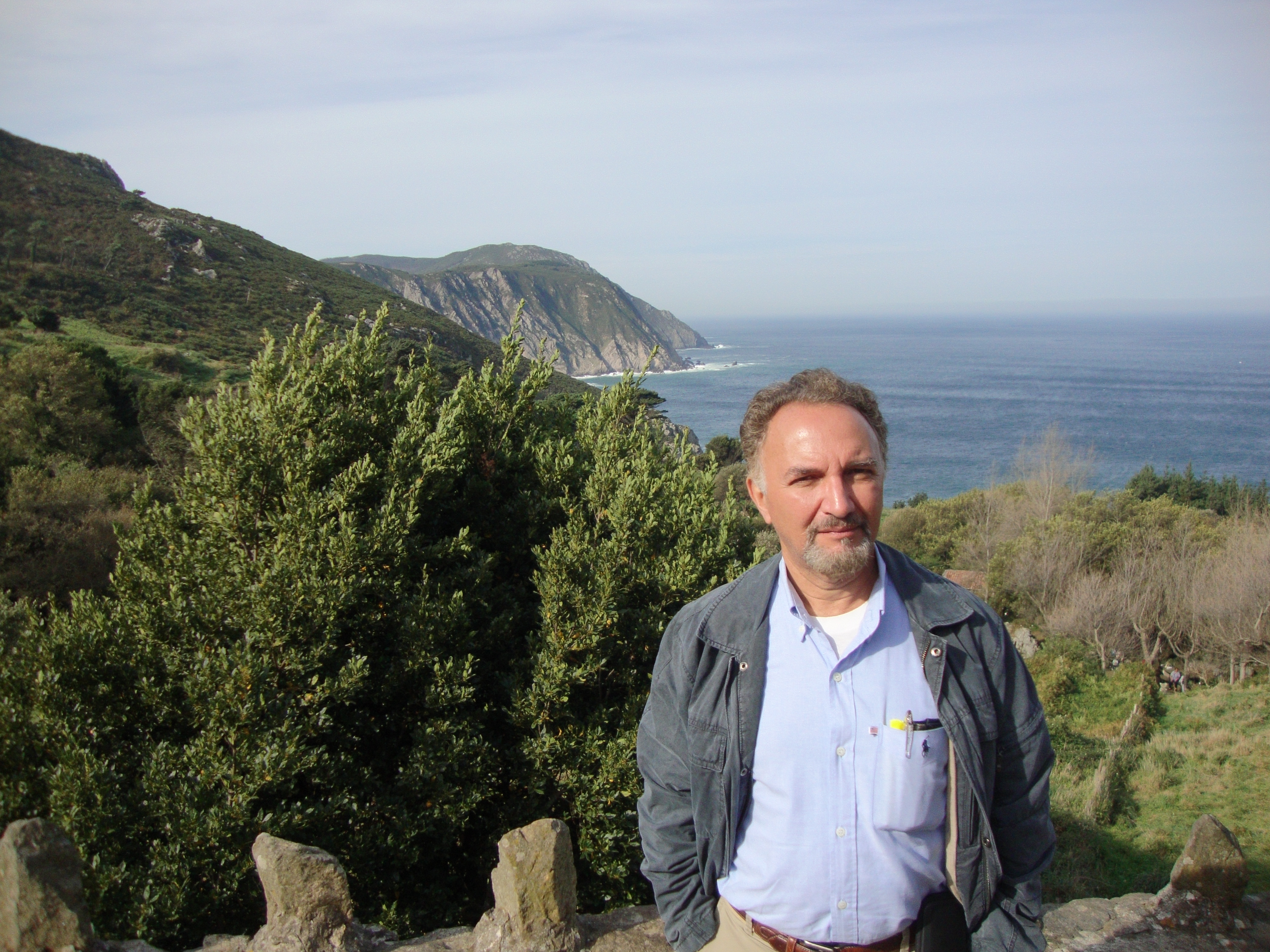 Edgar Gonzalez-Gaudiano
Edgar Gonzalez-Gaudiano
Edgar J. Gonzalez-Gaudiano is Senior Research Fellow at the Institute of Researches in Education, at the Universidad Veracruzana, Mexico,where he leads the research line of environmental education for sustainability. A member of the Commission of Education and Communication of IUCN and former Regional President for Mesoamerica (2001-2006). He has been member of Board of Directors at the North American Association for Environmental Education (NAAEE) (1992-1997). He also worked with WWF and the UNESCO in projects related to national strategies for environmental education. He is also a member of National System of Researchers in Mexico (level III). He has written twenty-two books and more than 100 articles in several specialized journals in the field of environmental education. He is a Latin American liaison person and was a member of the UNESCO Group of Reference for the UN Decade of Education for Sustainable Development (2005-2014). He is a member of the Mexican Academy of Sciences. He has received a number of awards: The National Award to Ecological Merit (2004), in the scholar category and the UANL Award of Research in Humanities (2007). His current research focus is on social representations of climate change, vulnerability, risk and social resilience.
 Ingela Bursjöö
Ingela Bursjöö
Ingela Bursjöö is a researcher in science education and works as a senior lecturer in the City of Gothenburg, Sweden. Her current research focus is on educational practice and student learning related to sustainability issues, interdisciplinarity and ethical aspects in education. She is engaged in continuing professional development and in the start of a new secondary school in downtown Gothenburg. She is also involved in science teacher education and has many years of science center collaboration.
